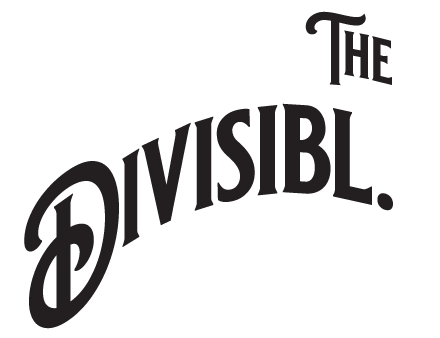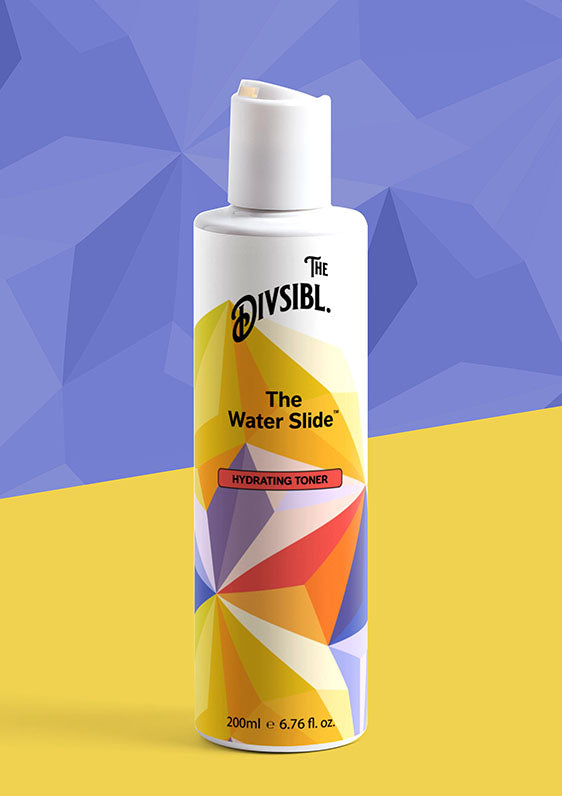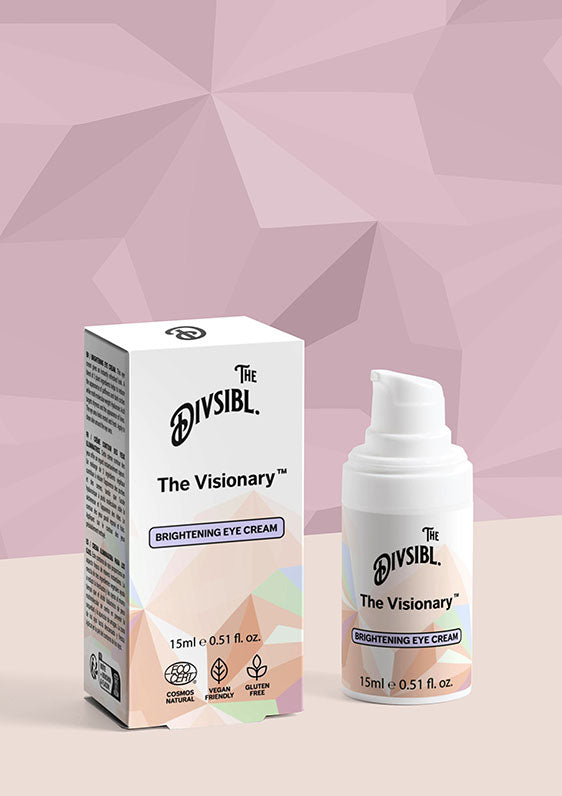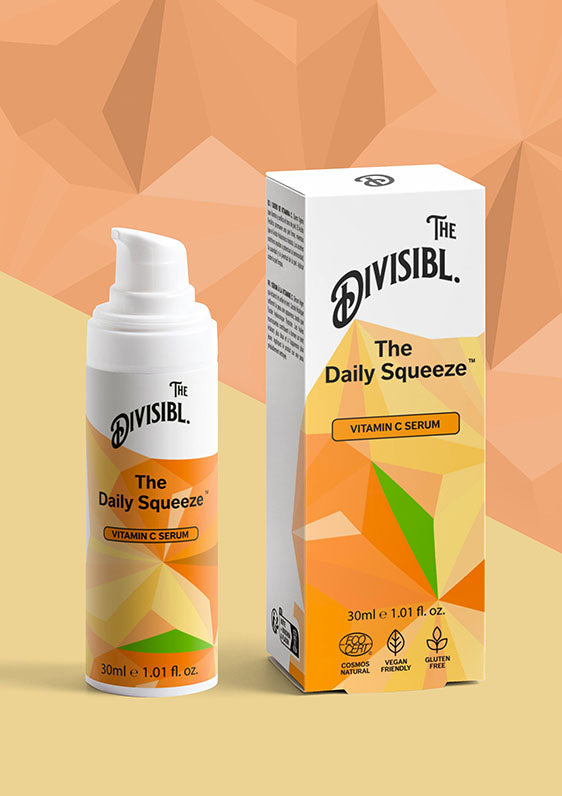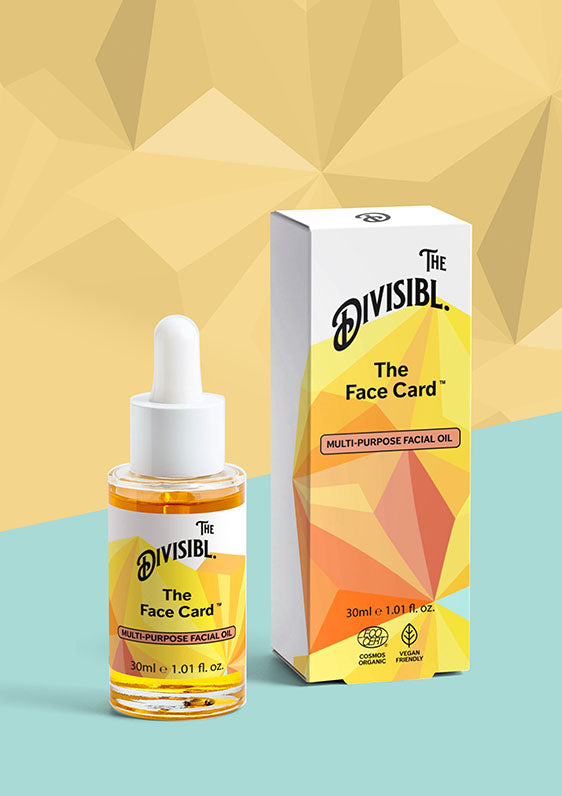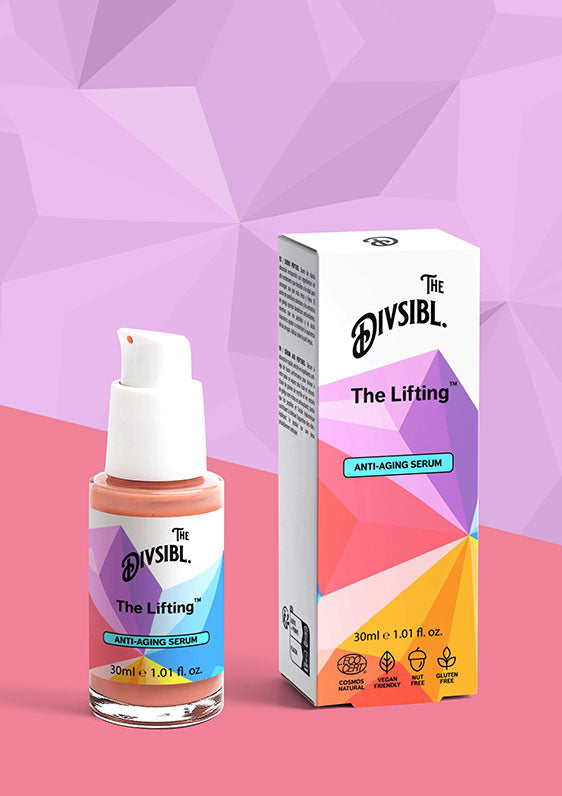“Natural” skincare sounds like the ultimate win, pure, safe, and better for your skin, right? That’s what the beauty industry wants you to believe. But the truth is, natural doesn’t always mean better, and lab-made ingredients aren’t the enemy.
The rise of clean beauty has led to misconceptions, marketing spin, and greenwashing, making it harder for consumers to separate fact from fiction. Let’s break down the biggest myths about natural skincare and uncover what brands aren’t telling you.
The Rise of the “Natural” Skincare Trend
Not long ago, mainstream skincare was dominated by synthetic ingredients and lab-made formulas. Around 2010, only about 3% of new cosmetics were labeled “all-natural”.  Fast-forward to today: “natural” products now make up roughly 10% of the beauty market and drive almost 29% of industry growth.
Fast-forward to today: “natural” products now make up roughly 10% of the beauty market and drive almost 29% of industry growth. 
Why did the natural trend explode? Several factors played a role:
- Health concerns: media reports about parabens, “toxins,” and chemical-sounding ingredients created fear around conventional cosmetics.
- Desire for simplicity: consumers started prioritizing shorter, recognizable ingredient lists (think oils and herbal extracts) in the hope they’d be safer.
- Social media influence: beauty influencers and indie brands promoted botanical ingredients and DIY recipes, reinforcing the idea that natural is superior.
But is natural skincare really better? Let’s unpack the myths.
Common Misconceptions About Natural Skincare
1. “Natural Means It’s Safe”
Not necessarily. Just because an ingredient is plant-based doesn’t mean it’s harmless. Poison ivy is natural, but you wouldn’t rub it on your face.
Many natural ingredients can cause irritation, allergic reactions, or sensitivity, especially essential oils like rosemary, citrus, and peppermint, which can trigger skin inflammation. 
2. “Natural Products Always Work Better”
Some do, but not all. Lab-made ingredients are often more stable, effective, and scientifically optimized for skincare.
For example:
- Hyaluronic acid: a powerhouse hydrator—is often lab-synthesized for purity and effectiveness.
- Vitamin C: a potent antioxidant, needs stabilization in lab formulations to prevent oxidation and loss of potency.
Natural ingredients can be beneficial, but science-backed formulations often deliver stronger, more consistent results. 
3. “Natural Means Organic”
Not always. The terms “natural” and “organic” are often used interchangeably, but they mean different things.
- Natural refers to ingredients derived from nature without synthetic additives.
- Organic refers to how ingredients are grown and processed, following strict farming regulations.
A product can be natural without being organic, and vice versa. 
4. “Lab-Made Ingredients Are Harmful”
This is one of the biggest myths in clean beauty. Many synthetic ingredients are safer, more effective, and better for the environment than their natural counterparts.
For example:
- Lab-made squalane: (derived from sugarcane) is more sustainable than shark liver-derived squalene.
- Synthetic peptides: help boost collagen production without requiring animal-derived sources.
Science isn’t the enemy - it’s what makes skincare smarter.
The Divisibl Approach - Truth Over Trends
At The Divisibl, we believe in radical transparency - because you deserve to know exactly what you’re putting on your skin. That means:
- No misleading claims.
- No cheap fillers.
- Just science-backed, certified and high-performance formulas that work.
Natural skincare isn’t always what it seems. Some natural ingredients can be irritating, some synthetic ingredients are safer, and “clean beauty” isn’t always clean.
The key? Look beyond the marketing. Demand transparency. Demand certifications. Choose skincare that works - not just skincare that sounds good.
 The Hidden Costs of 'Natural' Skincare: What Brands Aren’t Telling You | Oh Mighty Health
The Hidden Costs of 'Natural' Skincare: What Brands Aren’t Telling You | Oh Mighty Health
 7 Natural Skincare Myths And Misconceptions - The Goodness Well
7 Natural Skincare Myths And Misconceptions - The Goodness Well
 Common Misconceptions about Natural Skincare Products – noodmood
Common Misconceptions about Natural Skincare Products – noodmood
